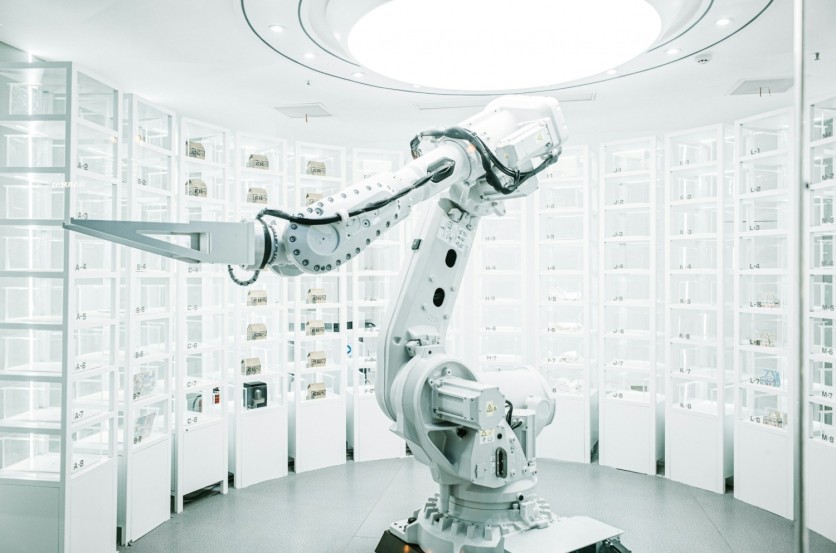China is making significant strides in artificial intelligence (AI) development, and experts believe the nation has key advantages in its race to compete with the United States.
Here's a breakdown of China's strengths and the unique approach it's taking to AI.
Infrastructure Advantage: A Strong Foundation for AI Growth

While Chinese tech giants may not have the same budget firepower as their American counterparts, they benefit from China's rapid infrastructure development, per The South China Morning Post.
According to Henry He, executive director at Kingsoft Cloud, China's robust computing power and network infrastructure provide a strong foundation for AI training and implementation, exceeding what existed just a few years ago.
The strong infrastructure acts as a critical launchpad for AI development. Powerful computing resources are essential for training complex AI models, while reliable networks facilitate smooth data transfer and real-time application of AI solutions.
Talent Pool Advantage: A Generation Driven by Innovation
Even the richest man in the world, Elon Musk has a positive view towards China's potential when it comes to AI development. The Tesla CEO claimed that it could be an AI powerhouse someday.
China boasts another crucial asset in its AI race - a highly motivated tech workforce.
Maryann Tseng, senior managing director at SenseTime, a leading Chinese AI company, highlights the "significant drive" from younger generations eager to innovate and change the world. This dedication fuels advancements in AI research and development.
SenseTime's collaboration with leading academic institutions further strengthens its talent pool, fostering a dynamic environment for groundbreaking AI research.
Real-World Application: The Last Milestone in AI
Despite facing challenges from US restrictions on technology exports and investments, China believes it holds an edge in the "last milestone" of AI development: applying AI technology to real-world workflows.
He at Kingsoft Cloud sees vast potential for AI in data-driven, rule-based work environments, particularly in healthcare, auditing, and financial services. In these sectors, AI can be used for tasks with clear output and measurable results.
SenseTime's Tseng echoes this sentiment, citing their large language models powering virtual assistants used by major banks in Hong Kong. These AI assistants are already helping to free up human workers from tedious tasks and streamline workflows.
The Race for AI Supremacy: It's Not Just About Hardware
China's approach to AI development demonstrates that the race for AI leadership isn't solely about who has the most advanced hardware or the biggest budget.
By focusing on infrastructure development, fostering a passionate tech talent pool, and prioritizing real-world applications, China is emerging as a strong contender in the global AI landscape.
Recently, a UN report stated that China is the leader in generative AI patent applications. It even surpassed what the US filed from the start.

ⓒ 2025 TECHTIMES.com All rights reserved. Do not reproduce without permission.




